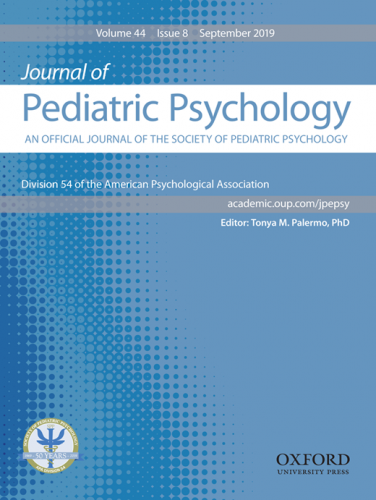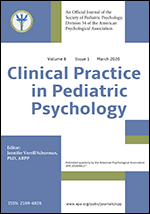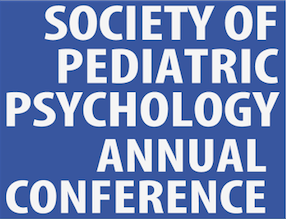Systemic Therapies for Parents of Youth with Chronic Medical Conditions
Note: Systemic Therapies include Behavioral Family Systems Therapy, Family Therapy, and Multisystemic Therapy
Editors: Emily F. Law, Ph.D.; Emma Fisher, Ph.D.
Date: July, 2019
Empirical review status: Insufficient Evidence: Existing meta-analyses are not of sufficient quality.
Summary of sample characteristics across studies:
| Variable | Example |
| Child Age | Across trials, there was variability in the age range of children:
1. Preschool to Adolescence (4-14 years) (Lask et al., 1979) 2. Elementary to Adolescence (8-18 years) (Celano et al., 2012; Ellis et al., 2005; Ellis et al., 2012; Laffel et al., 2003) 3. Adolescence (11-18 years) (Wysocki et al., 1999; Wysocki et al., 2006) |
| Child Sex | All trials enrolled both male and female children |
| Parent Sex | The majority of studies enrolled >90% mothers (e.g., Celano et al., 2012; Ellis et al., 2004). |
| Family Ethnicity/Race | The majority of trials enrolled primarily Black and/or Hispanic families (Celano et al., 2012; Ellis et al., 2004; Ellis et al., 2005; Ellis et al., 2012). |
| Therapist type | In the majority of trials, treatment was delivered by master’s level therapists, Ph.D. doctoral students, or Ph.D. level psychologists. In one trial, treatment was delivered by research assistants (Laffel et al., 2003). |
| Presenting problem | 1. Asthma: Celano et al., 2012; Lask et al., 1979
2. Diabetes (Ellis et al., 2004; Ellis et al., 2005; Ellis et al., 2012; Laffel et al., 2003; Murphy et al., 2012; Wysocki et al, 1999; Wysocki et al., 2006). |
| Socioeconomic status | In all trials, families were from predominantly lower socioeconomic backgrounds. |
| Language | In all trials, the intervention was delivered in English. |
Brief summary of treatment:
- Basic premise: Systemic therapies for parents and families of youth with chronic medical conditions include behavioral family systems therapy, family therapy, and multisystemic therapy. These treatments emphasize the influence of the family and broader social context on an individual’s adjustment and emotional functioning in the context of a chronic childhood disease.
- Essence of therapy: Systemic therapies alter patterns of interactions between family members and broader community systems (school, work, medical team) to support adjustment to and management of the child’s medical condition.
- Length: Treatment duration for children: 4 hours-48 hours. Treatment duration for parents: 4 hours-48 hours.
Treatment resources:
Treatment Manual Available For Purchase
Negotiating Parent-Adolescent Conflict: A Behavioral-Family Systems Approach (Robin & Foster, 1989)
Self-Help Books
The Ten Keys to Helping Your Child Grow Up with Diabetes, 2nd Edition (Wysocki, 2003)
Training Resources
Surviving Cancer Competently Intervention Program Training Workshop. Sponsored by the Center for Pediatric Traumatic Stress at the Children’s Hospital of Philadelphia and Nemours A.I. DuPont Hospital for Children.
Key reviews:
- Law, E., Fisher, E., Eccleston, C., & Palermo, T. M. (2019). Psychological interventions for parents of children and adolescents with chronic illness. The Cochrane database of systematic reviews, 3, CD009660.
- Law, E.F., Fisher, E., Fales, J., Noel, M., & Eccleston, C. (2014). Systematic review and meta-analysis of parent and family-based interventions for children and adolescents with chronic medical conditions. Journal of Pediatric Psychology 39(8), 866-886.
Click here for additional clinical trials, systematic reviews, and meta-analyses.



